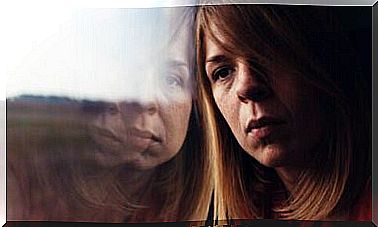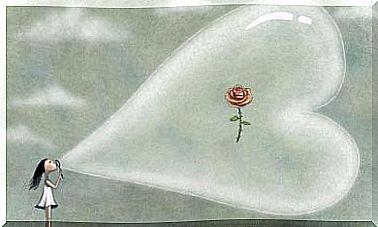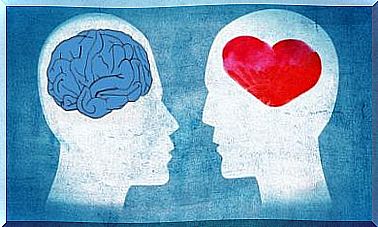Parenting Styles That Lead To Suffering
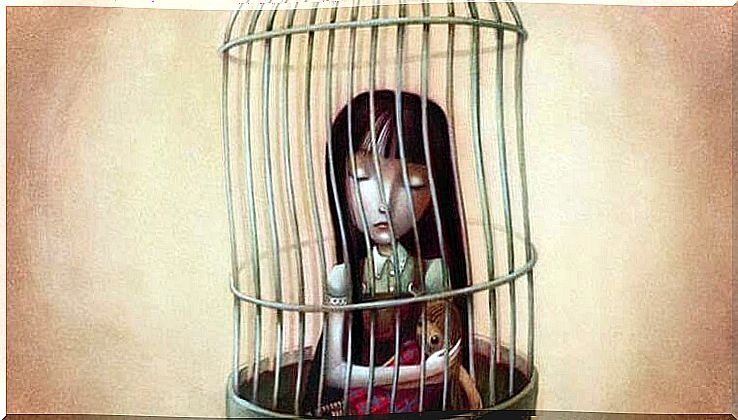
Many psychologists pay special attention to family relationships to explain a specific psychological pathology that has occurred in one of the family members. All psychology, regardless of the psychological school, is interested in this and sees the family as a triggering factor for many psychological disorders.
There are closely linked families or separated families, a democratic versus authoritarian style of upbringing, differences between generations, overprotection, neglect, abandonment. There are many phenomena that have been studied that have been found to be related to a particular mental illness and the family situation.
Why is it so difficult to get this topic right?
One difficulty with this topic is to correctly present it, to explain it and then to treat it accordingly, especially because society has already accepted certain ideas as absolute truths, which unfortunately are not always true. Blood is a relationship, but it doesn’t mean anything more than that at first. However, certain sentences are taken as true, such as: “There is nothing more important than family.” – “The family never wants to harm you.” – “In a family you have to forgive everything.”

There are families who have done harm on purpose and others who have done it without their knowledge, who have conveyed such a form of love, advice and education that they themselves have seen fit without realizing their children do not want to have this future that they have painted for them.
In this article, we do not want to pretend to be overdoing anything bad, but we are trying to introduce certain myths in order to explain realities: And the reality is that there are families who heal and there are families who make sick.
Attributed roles and drawers in which one is simply put
Starting with the sentence “He’s a little restless.” to “He has a difficult character.” there is a barely-noticed series of little phrases which, if constantly said and repeated in the core of the family, can destroy those about whom they are said. Basically, this is a way of assigning an identity to each child, thus saving on further explanations and in many cases covering up one’s own parental weaknesses in upbringing.
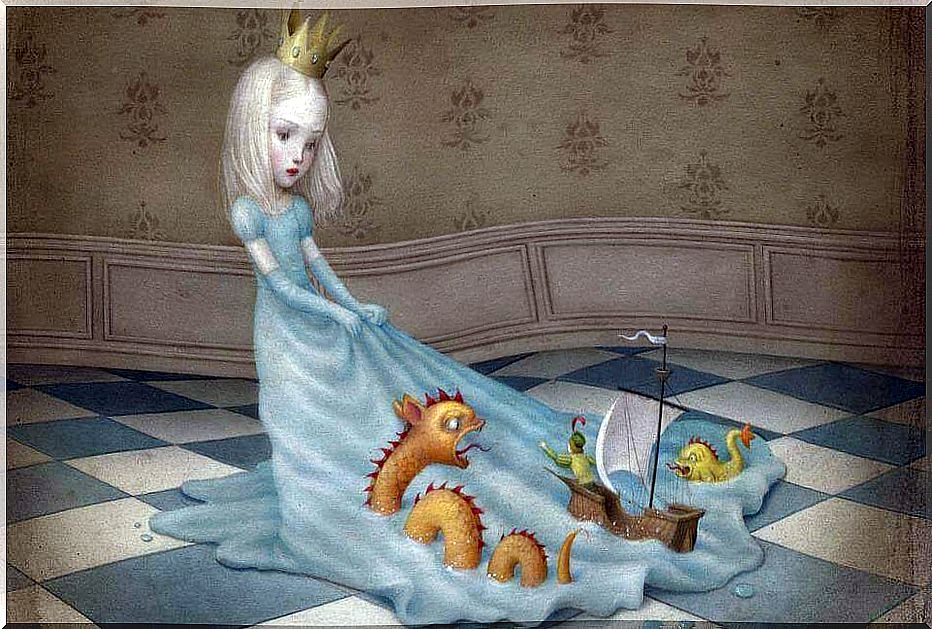
Categorizing a child from the start is a way of influencing their behavior, making them believe that their behavior is incorrigible and simply part of their being. These drawers are passed on from parents to teachers and friends and influence the immediate environment in which the child moves.
Badly understood love
We often hear the phrase: “As your family loves you, nobody will love you.” This sentence hurts the feelings of many people who have not just experienced it and makes it difficult for abuse to be recognized or reported. We should also not forget that abusive acts can go both ways, from the older to the younger generation, but also from the younger to the older.
Just because someone “has your blood in them” doesn’t mean they can’t harm you with their behavior. Kinship is something biological, genetic, and a good relationship is, in turn, something affective, communicative and takes into account the great differences between individuals, which in turn has very little to do with hereditary factors.
The overprotection that suffocates and limits
It is not enough to love limitlessly, because even in love you have to look for a good balance. In the early stages of development of the child, one can observe the need to orientate oneself to an important person when discovering its environment. This is something psychologists John Bowlby and Mary Ainsworth found out.
Studies with monkeys by Harry Harlow show that a baby’s affection and affection for the mother are fundamental to developing a secure bond that allows the baby to discover the world independently. However, this bond should not be confused with overprotection.
